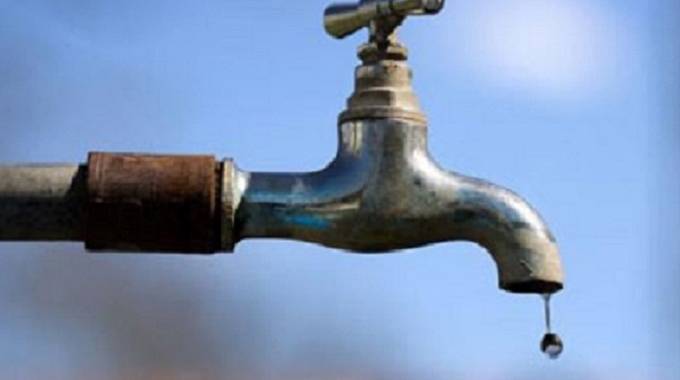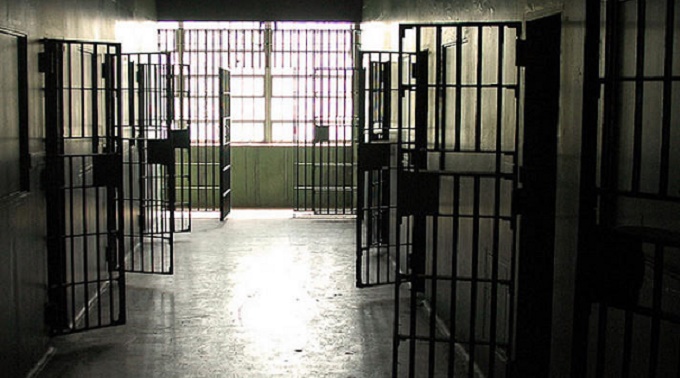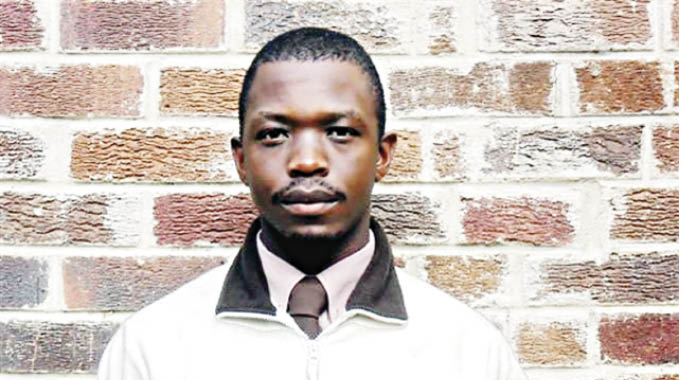BCC to intensify water shedding

Nqobile Tshili, Chronicle Reporter
THE Bulawayo City Council (BCC) is proposing to increase the weekly water shedding exercise from four to five days as the city’s water situation turns desperate.
Bulawayo has been experiencing water challenges and dam levels have dropped to 32 percent.
The council introduced water shedding last year to save water, starting with two days in a week, gradually increasing to a 96-hour (four day) weekly water shedding exercise as the water levels continued to drop.
Due to depreciating water levels, council last year decommissioned Umzingwane and Upper Ncema dams leaving the city with four supply dams.
BCC has even applied for Government to declare the local authority a water shortage area which will allow for the mobilisation of resources to draw water to Bulawayo.
The city’s water situation is set to be worsened by the 21-day lockdown, where consumption is expected to surge as residents stay at home to help flatten the curve of new Covid-19 infections.
The shortage also threatens Government’s efforts to fight the spread of Covid-19 as residents have to frequently wash their hands.
In an interview, BCC senior public relations officer Mrs Nesisa Mpofu said the city’s water situation has become more dire, calling for drastic actions.
She confirmed that proposals have been put in place to increase the city’s weekly shedding regimen.
“You know how council works; council is still deliberating on it. There has not been a council resolution but it is something that is being discussed. So, I cannot comment on it,” said Mrs Mpofu.
She said the local authority was working on measures to keep the city with water during the lockdown.
Mrs Mpofu called on residents to save water and said high lying areas will end up depending on water deliveries from bowsers.
The city’s water situation has been worsened by the just ended 2019/2020 rainy season where municipal water bodies did not receive significant flows.
Mrs Mpofu said council is already struggling to provide water to residential areas.
“What it means at the moment is that we are just at 32 percent in terms of our dam levels. The challenge that we have is that we have very limited treatable water. So, we are therefore struggling to fill up our reservoirs even after treating. That is why it is taking longer for reservoirs to open because we have to balance the reservoirs as the whole system is now fragile,” said Mrs Mpofu.
She said council was aware that when there is no water the hygienic issues are compromised.
Mrs Mpofu said residents should however make sure that they improve on sanitation issues as they are key in containing the spread of Covid-19.
“We are now looking at the survival of the city so let us utilise the little that we have,” said Mrs Mpofu. — @nqotshili








Comments